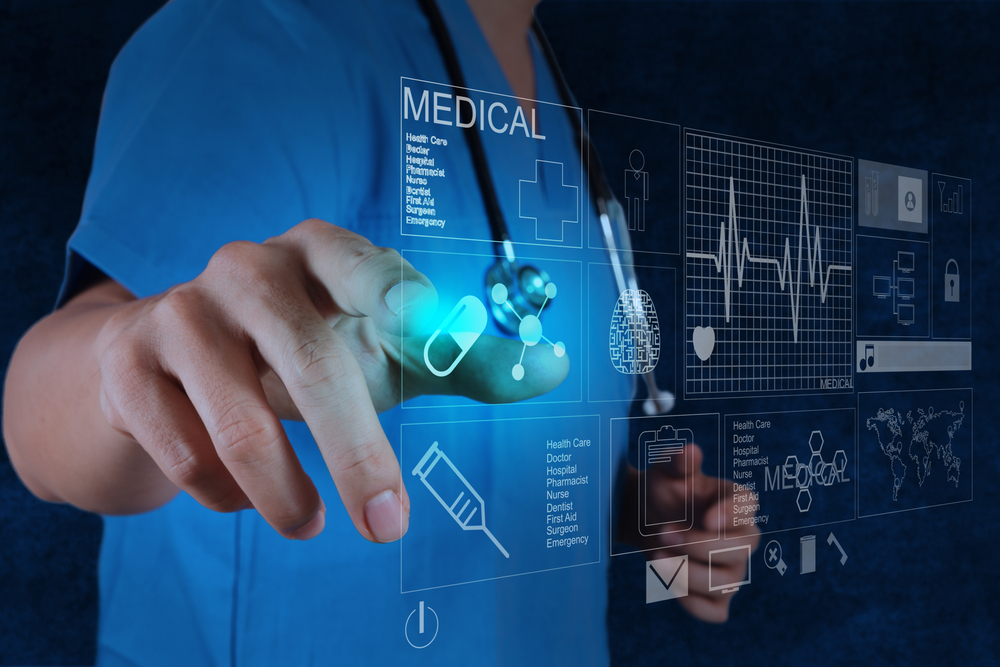
How new regulation could impact the medical device market in South Africa?
As South Africa moves towards universal healthcare with a National Health Insurance System (NHIS), this, combined with the Competition Commission’s market inquiry and further changing legislation will effect radical change to the purchasing and provision of private and public healthcare in South Africa.
Along with Egypt, South Africa accounts for 40% of the medical devices market in Africa; and with an annual healthcare spend of 8.4% of GDP, South Africa’s medical device market is estimated to be worth USD1.27 billion. With an expected year-on-year growth in medical devices of over 8% between 2018 and 2024, the increased interest in the country from local and international manufacturing companies is on the rise.
Medical device market in Africa: some numbers
According to Ryan Sanderson, Exhibition Director of Africa Health Exhibition and Conferences, South Africa is the largest and most industrialised economy in sub-Saharan Africa and the business hub for the medical device and medical lab sector in the region. South Africa’s medical lab services market was estimated at USD$ 1.68 billion. Other African nations, including Namibia, Botswana and Uganda benefit from the exports of medical devices and medical lab equipment.
The projections for the economic growth of 3.5% in sub-Saharan Africa by 2019 bodes well for an associated rise in healthcare spend to address the increasing rate of non-communicable diseases, as well as to help attain health-related Sustainable Development Goals within the region. Sanderson explains:
“In a region where 90% of medical devices are imported, this will benefit medical device exports and will raise the potential for both local and international businesses to develop solutions for smart and affordable disease prevention, monitoring and treatment. However, issues like political uncertainty and high sales tariffs can make the region an uncertain one in which to operate,” he points out. Annelien Vorster, Regional Sales Manager at HemoCue South Africa and exhibitor at Africa Health, believes that the rewards of doing business in Africa far outweigh the complexities. “Despite the challenges within the region, the reward of providing cost-effective point-of-care solutions that transform societies and make a difference in people’s lives is truly inspiring.”
Regulating the medical device market in South Africa.
Procurement regulations put in place in 2017 aim to promote the objectives of employment creation and income generation through the use of local suppliers. Additionally, new regulatory requirements for medical and in-vitro diagnostics (IVD) devices will be overseen by a recently established regulatory authority, the South African Health Products Regulatory Authority (SAHPRA). This entity has adopted harmonisation initiatives that will ultimately see an alignment of registration and product approval requirements with those of regulatory authorities in other regions.
Martha Smit, Partner at Fasken, will address delegates at the Medical Device Procurement conference at Africa Health and consider, “Is global harmonisation of regulation and compliance requirements a reality or a myth?” remarks that global harmonisation of regulation and compliance requirements within the pharmaceutical industry has been an ongoing process since the World Health Organisation (WHO) created the Global Harmonization Task Force in 1993.
“It is an attempt at alignment and to streamline the processes to create a global, unified approach which will make it much easier for multinational companies to register a product in different countries, whether it is a medical device, IVD or a medication”, says Smit. Smit points out however that currently, each country has its own regulatory and compliance requirements and that this silo approach by the different regulatory authorities is both costly and time-consuming.
“Ultimately, we need this alignment not only for the industry to have a more controlled flow and sustainable goals for registration and going to market, but more importantly, to assist in providing much needed healthcare and treatment for those patients who need it most”, Smit adds.
While touching on issues and updates in medical devices procurement, Africa Health and MEDLAB Africa will also be showcasing the latest medical and laboratory products and services from across the globe. The event runs from 28 – 30 May 2019 at the Gallagher Convention Centre, Johannesburg, South Africa.


